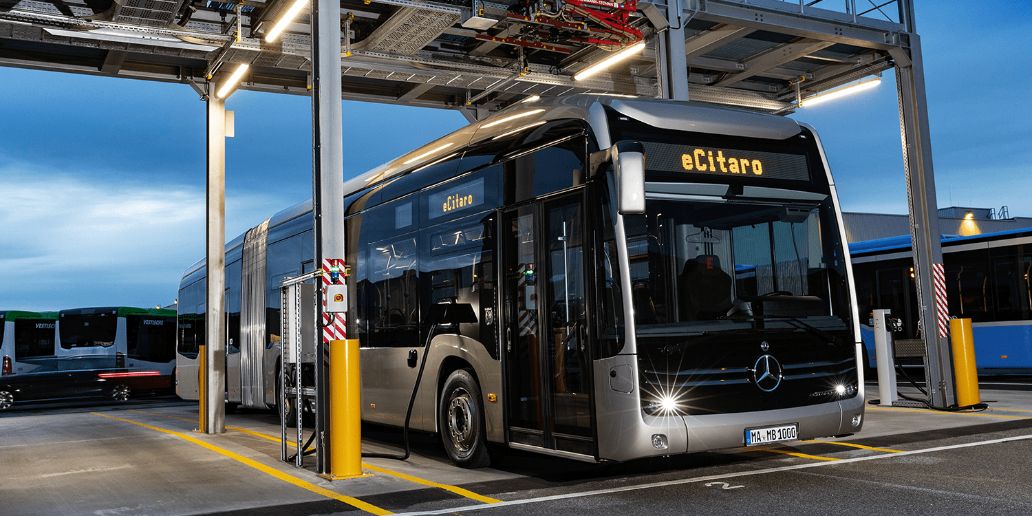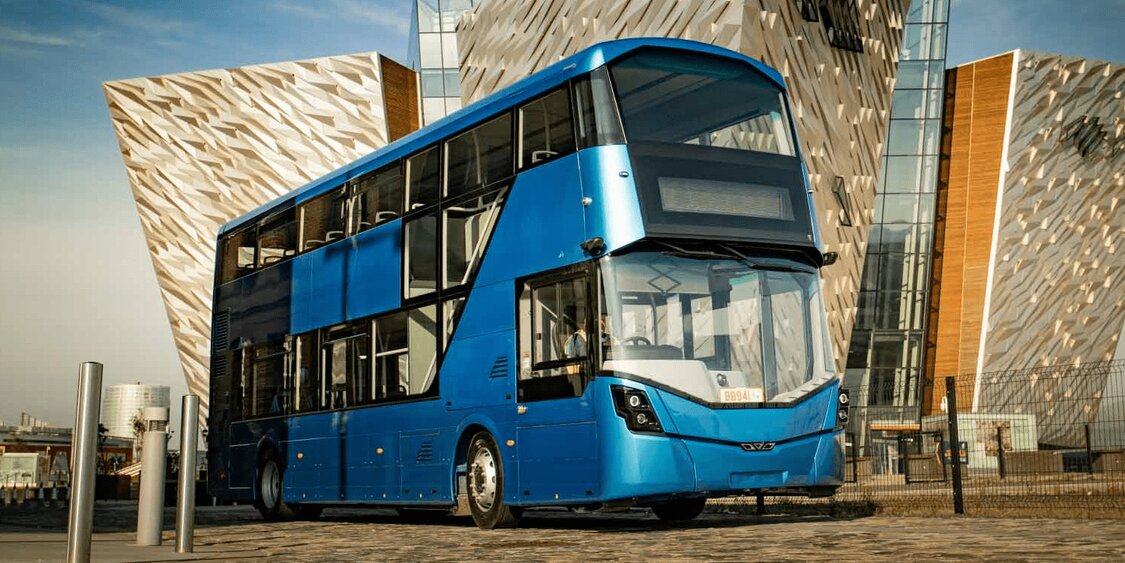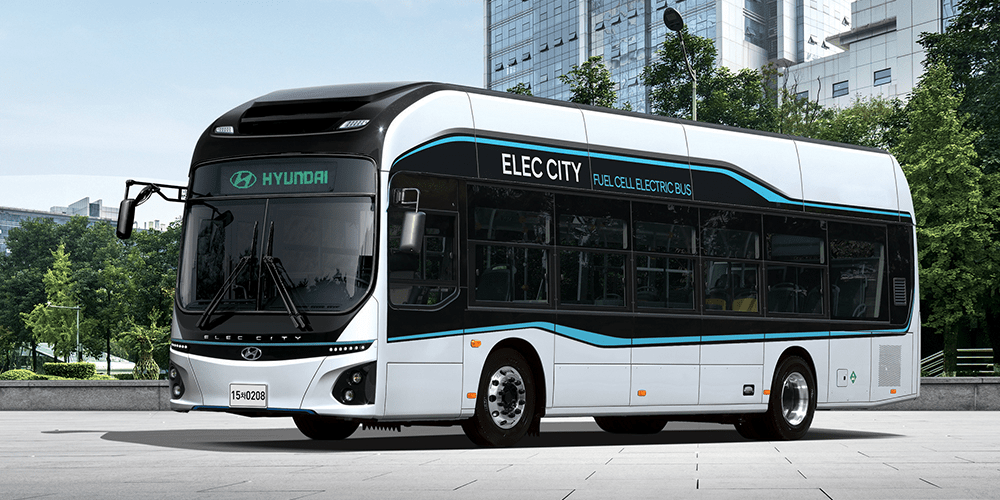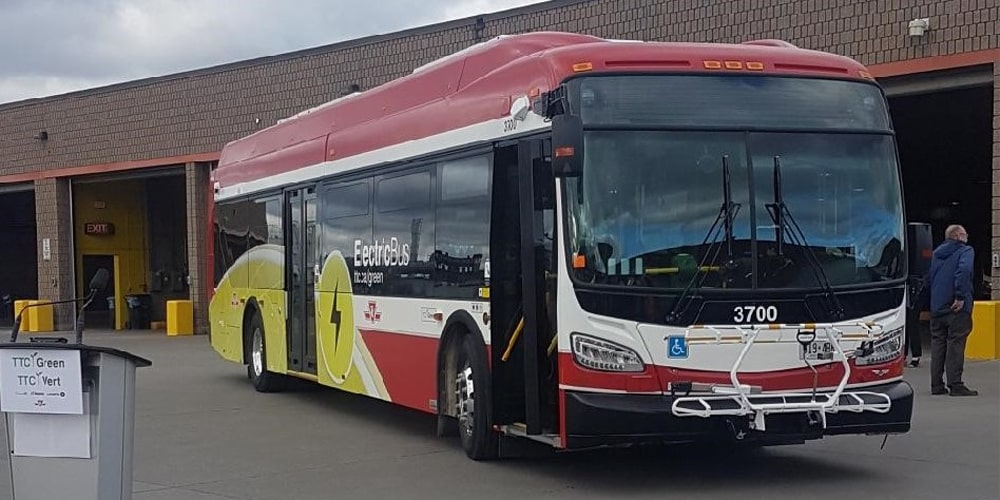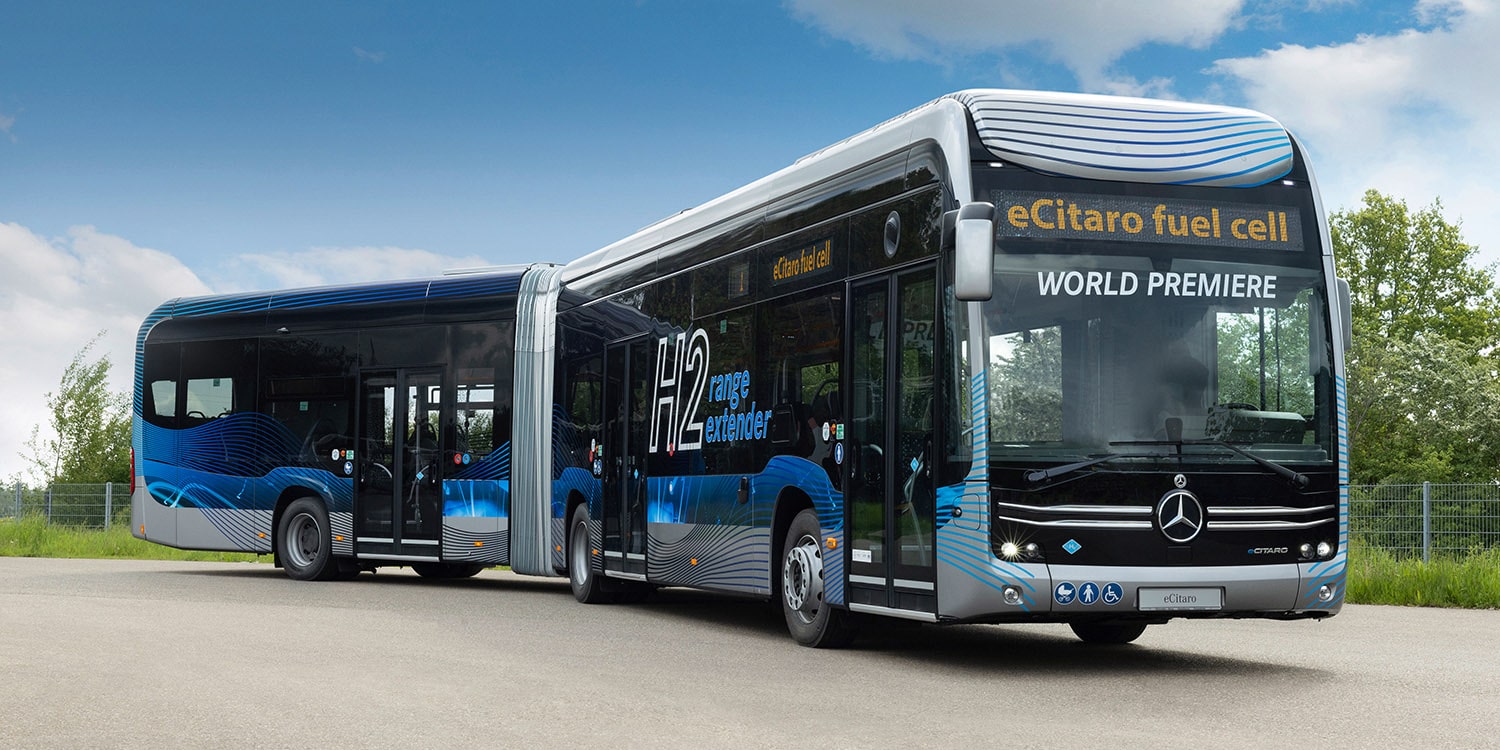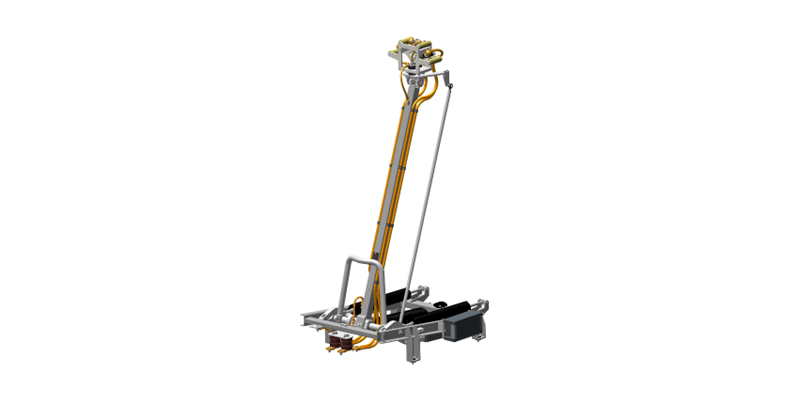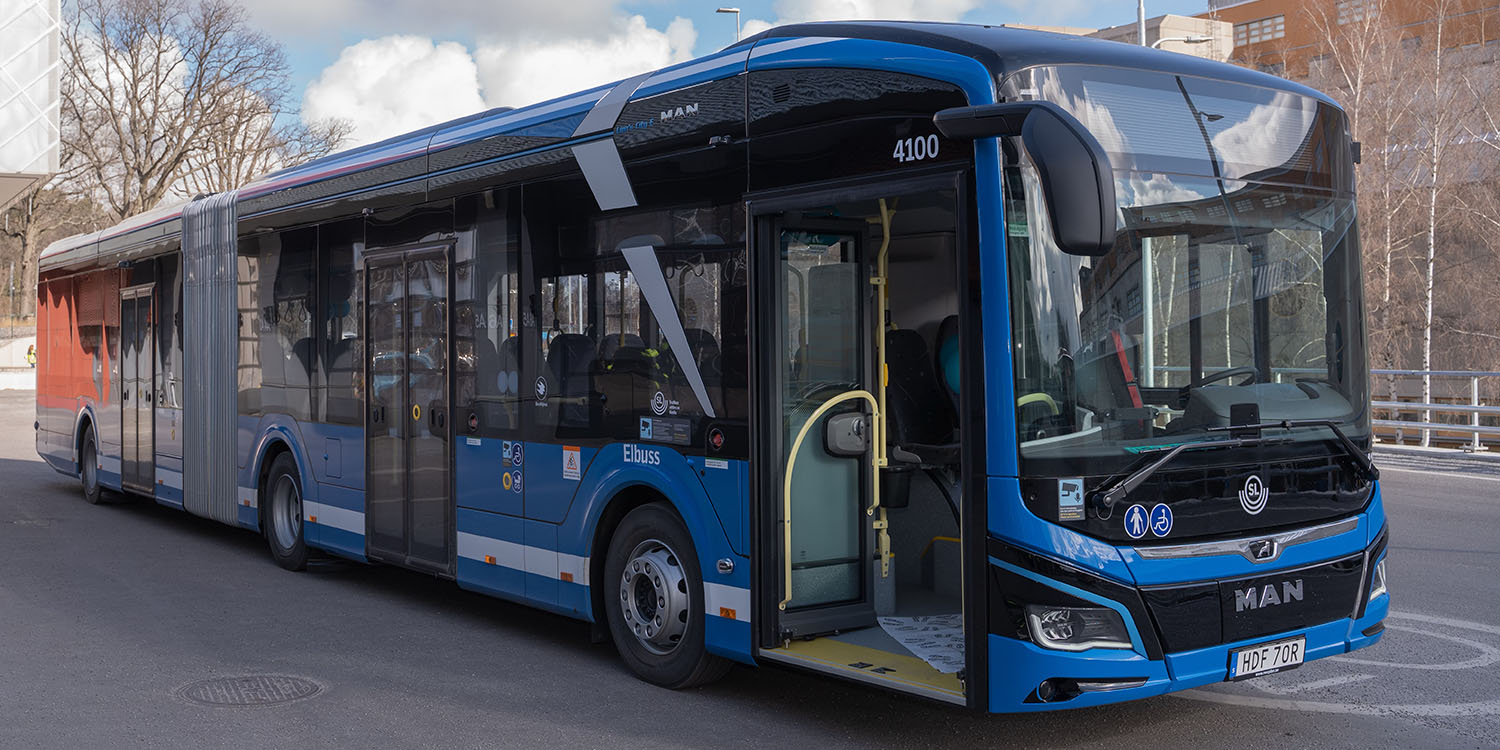Daimler Buses, a bus manufacturer, has unveiled its plans to establish a subsidiary dedicated to designing and constructing infrastructure tailored for electric buses. Known as Daimler Buses Solutions GmbH, the new subsidiary aims to provide comprehensive infrastructure solutions to customers across Europe in a streamlined manner.
Daimler Buses already offers charging solutions, digital fleet tools, and various ecosystem components to electric bus customers. By creating this wholly-owned subsidiary, the company seeks to consolidate its existing expertise and expand its portfolio further.
The independent nature of the new subsidiary is expected to foster entrepreneurial freedom, facilitating rapid growth and efficient decision-making processes akin to a start-up. Dietrich Müller, formerly the Head of E-Systems at Daimler Buses, will assume the management role of Daimler Buses Solutions GmbH.
While the establishment of the subsidiary may seem like an organizational adjustment within Daimler Buses, it actually signifies an expansion of services on two fronts. The subsidiary’s portfolio will encompass infrastructure services required for operating buses with hydrogen-based fuel cell drives or range extenders. Moreover, the infrastructure solutions offered will extend to multiple brands, enabling operators of electric buses from various manufacturers, including those with fuel cell electric vehicles (FCEV), to benefit from Daimler Buses Solutions’ expertise in building a comprehensive eMobility system. The services range from customized electric buses to complete depot infrastructure, covering construction, electrical installations, chargers, battery storage, charging management systems, and other digital services. Daimler has remained tight-lipped about its hydrogen infrastructure ambitions, although it did form a joint venture on fuel cell vehicles with Volvo in 2020 and recently introduced the eCitaro fuel cell model.
Till Oberwörder, CEO of Daimler Buses, emphasized the need for complete solutions in operating electric bus fleets. He highlighted the company’s pioneering position and its intention to extend this experience to the new subsidiary. Oberwörder stated that Daimler Buses Solutions GmbH aims to expand its business segment while granting maximum entrepreneurial freedom to the unit, given the dynamic market environment.
Mirko Sgodda, Head of Marketing, Sales, and Customer Services at Daimler Buses, emphasized the importance of a well-coordinated package comprising electric buses and a supportive ecosystem for a successful transformation. Sgodda noted that the company already provides transport companies with turnkey e-systems and acknowledged the increasing complexity of electric infrastructure as the number of electric buses rises. Consolidating all these activities into a robust business unit marks a significant milestone in optimizing their service portfolio for the future.
In March of this year, Daimler Buses announced a planned investment of approximately 150 million euros in its Mannheim and Neu-Ulm plants by the end of the decade. Starting from the second half of the decade, fully electric intercity buses will be manufactured in Neu-Ulm, along with coaches equipped with battery-electric and hydrogen-based fuel cell drive systems.
The eCitaro, Daimler’s first series-produced electric bus, has been available in the city bus market since 2018. Recently, the company introduced a variant with a fuel cell range extender. Both models are offered in solo and articulated bus variants.
Daimler Buses aims to offer CO2-neutral vehicles in all segments in Europe and Latin America by 2030 and exclusively sell fully electric vehicles for city buses in Europe. Additionally, through the ELCH project, Daimler Buses collaborates with partners to develop electric drives for coaches.

